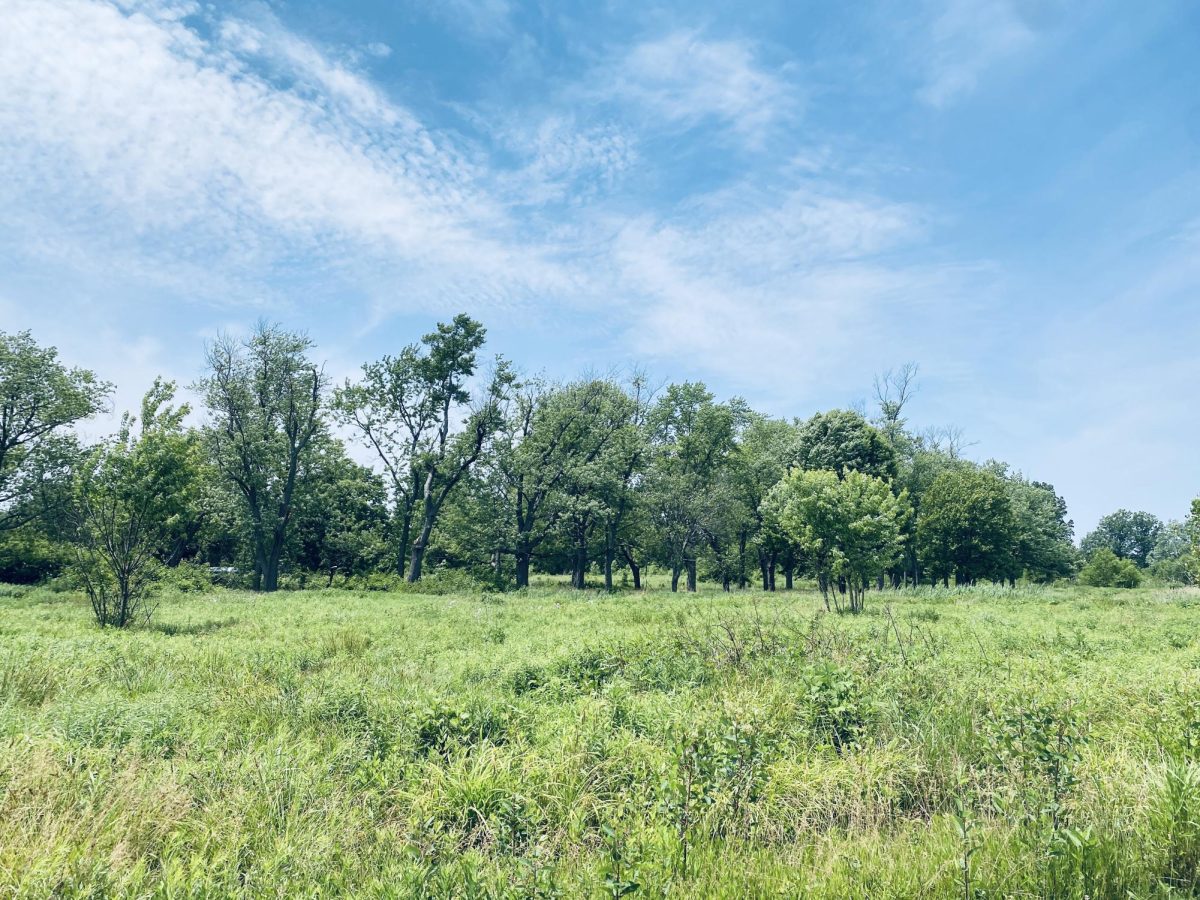As we enter the second week of class, it’s an excellent time to reflect on the knowledge I’ve gained after three months away from John Carroll. I encourage you to do the same.
Summer is a time for relaxation, internships, long days and late nights, but for me, it is when my mind feels the most at peace – away from all the hustle and bustle of a college student’s hectic life. These lessons come from books, interactions and everyday life.
Lesson One – Most problems can be solved with a walk outside. My summer was not free of frustration, rather it had quite a bit of it. I soon realized that a brief, though sometimes long, walk outside in my neighborhood was necessary to put all of these problems, emotions, etc., into perspective. Taking in the sun, trees and fresh air is the best remedy for a clouded mind. Enjoy the kick of serotonin and dopamine after a walk, they are a great way to unwind or get ready for your day.
Lesson Two – Put the phone down. I often catch myself falling victim to doom scrolling and Netflix binges. However, this summer, I significantly reduced my screen time and spent more time reading books, journaling, going outside and visiting friends and family. I got happier. Social media sometimes distorts our reality and can harm one’s mental health. This worked for me and maybe it can help you.
Lesson Three – “. . .nothing is burdensome if taken lightly.” This quote from Seneca, in Letters from a Stoic, changed how I approached everything I heard. Seneca taught me that I am in complete control of my perceptions. I can choose to be angry or upset, but why make that choice when I can choose to be unbothered and happy?
Lesson Four – Live every moment as if it is your last. People often think that death is distant and approached gradually. It’s not. Death is all the time that passes, constantly at our heels as we journey through life. Remember that you can go at any moment, so express your love to your family, friends and loved ones. But this also means moving past things quickly, forgiving others immediately and learning to say no when necessary. Protect your peace at all costs. Death is all the time that passes. It is constantly at our heels as we walk through our lives.
Lesson Five – Be a friend to yourself. I never realized how important it is to be your own biggest fan and, at times, your harshest critic. However, I couldn’t go through life just tearing myself down. In the same book from Lesson Three, Seneca wrote, “What progress, you ask, have I made? I have begun to be a friend to myself.” This is the capstone of my summer, the lesson I am most grateful for learning. To whoever is reading this, depart from this article with the notion that you will be a friend to yourself.
Lesson Six – Be curious about everything. I’ve been working to get away from snap judgments and reactions and shift to asking more questions. For example, instead of rushing to say “I don’t agree with that,” I am working to say, “why do you think that?” A lack of curiosity often results in a lack of understanding and you might even be burned by others because you didn’t ask enough questions.
Lesson Seven – Make time for family. I recognize that a healthy family relationship is a privilege that we all do not have. But for those like myself, the time I spend with my family has become extremely important. Remember all the roles you play: a son, brother, cousin, nephew, grandson and so on; realize that these people care about you in a way a friend cannot. Make the phone call, go visit for dinner and cherish the time with your family as it is limited.
I hope you take something valuable from this piece or find encouragement to reflect on your summer in a meaningful way.



